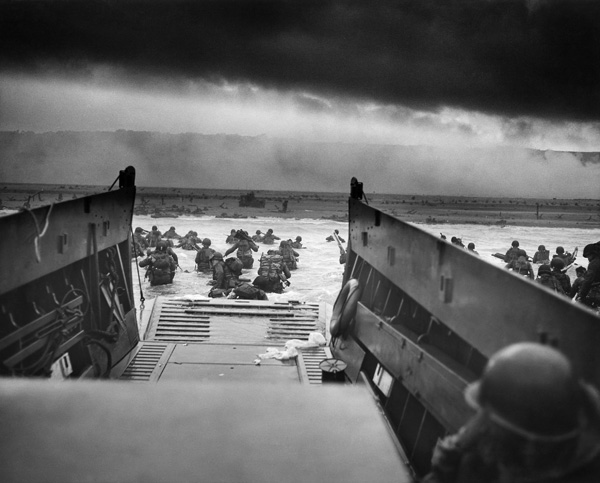North Korea’s deployment to Russia stirs global concerns

[Military, Photo credit: pxhere]
Reports of North Korean troops being deployed to support Russia in its ongoing conflict with Ukraine have intensified, raising alarms among international observers.
Sources cited by CNN, and corroborated by U.S. and Ukrainian officials, report that thousands of North Korean soldiers have already moved to Russia, with some entering Ukrainian territory.
This deployment follows recent developments that indicate North Korea's deeper military cooperation with Russia.
On October 18, Ukraine’s Strategic Communications and Information Security Center (SPRAVDI) released footage showing what appeared to be North Korean soldiers receiving supplies in Russia’s Far East.
The images triggered widespread alarm and speculation, particularly as reports surfaced that a contingent of these troops had engaged in combat in Kursk, where casualties were reportedly sustained.
The U.S. Department of Defense initially confirmed the presence of approximately 3,000 North Korean soldiers undergoing training in eastern Russia, with potential deployment to the front lines in Ukraine.
Pentagon spokesperson Patrick Ryder stated that these forces were likely intended to serve as infantry supporting Russian combat operations.
While he stressed the potential implications of this development, Ryder also admitted that direct verification of North Korean troops entering Ukraine remained unconfirmed.
Russia has responded by showcasing its strategic military capabilities.
Recently, the Russian Ministry of Defense conducted large-scale nuclear readiness drills involving intercontinental ballistic missiles, which President Vladimir Putin observed.
These actions, framed as a stern warning to Western nations, underscore Russia’s intent to project strength amidst increasing international isolation.
North Korea, while not officially acknowledging the deployment, has signaled a subtle acceptance of these claims.
On October 25, Kim Jong-kyu, North Korea’s Deputy Foreign Minister for Russian Affairs, stated that if such an action were occurring, it would align with international norms.
This ambiguous comment has further fueled speculation that Pyongyang is leveraging this alliance to secure critical military and technological support from Russia, particularly in missile development.
South Korea’s response has been notably assertive. President Yoon Suk-yeol has indicated that his administration is considering all options, including military assistance to Ukraine, to counter the potential threats posed by strengthened North Korea-Russia ties.
This stance has sparked debate domestically, with a recent Gallup Korea survey revealed that while 73% of respondents view the North Korea-Russia military collaboration as a significant threat, only 13% support military aid to Ukraine.
The evolving geopolitical landscape presents major challenges.
Russia’s reliance on North Korean forces points to a critical shortage in manpower, as highlighted by its significant battlefield losses—estimated to have surpassed 680,000 casualties.
Meanwhile, North Korea’s involvement in Ukraine could serve its strategic objectives, including acquiring missile technology that would enhance its nuclear capabilities.
China, observing these developments with caution, has so far remained noncommittal.
The Chinese Foreign Ministry stated it was unaware of the specifics but expressed hope for diplomatic solutions that would de-escalate tensions.
Japan, also closely monitoring the situation, remains cautious amidst domestic political shifts following recent electoral outcomes.
As the conflict persists, the international community must grapple with the implications of North Korea’s involvement.
The unfolding situation not only highlights the strained dynamics between key global powers but also poses significant security challenges for nations in the Asia-Pacific region and beyond.

- Jeongmin Kim / Grade 10
- Chadwick International School

![THE HERALD STUDENT REPORTERS [US]](/assets/images/logo_student_us.png)
![THE HERALD STUDENT REPORTERS [Canada]](/assets/images/logo_student_ca.png)
